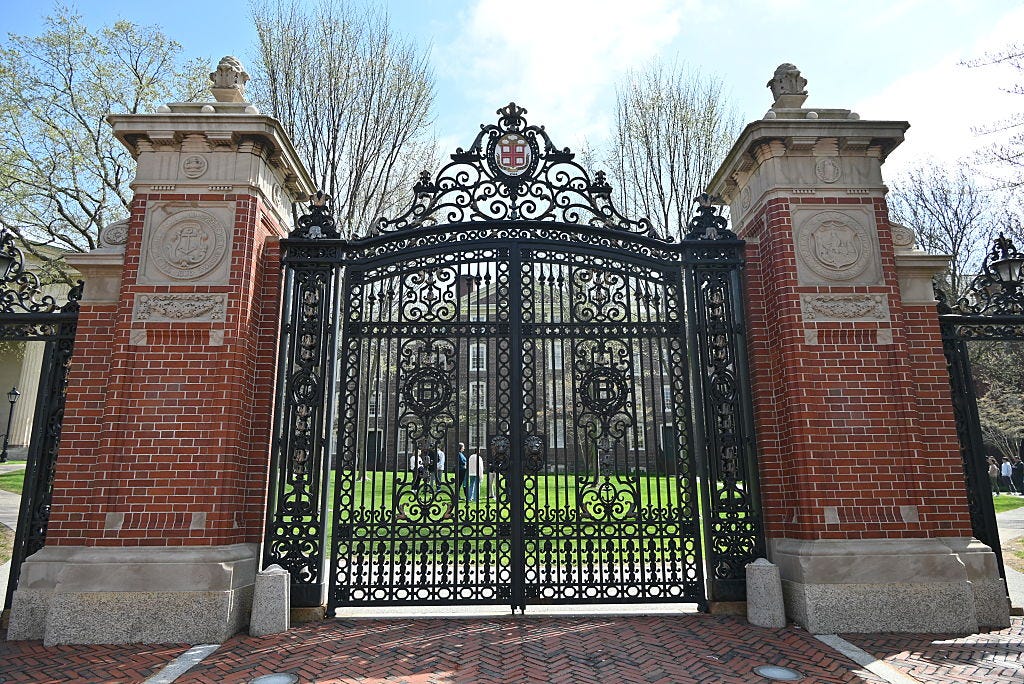How Trump is reshaping elite universities
Reporter Francie Diep on the effort by the conservative movement to fundamentally alter higher education in America
This week, Brown became the third elite university to strike a deal with the Trump administration, agreeing to a range of concessions — including on women’s sports, preferential admissions, and the handling of antisemitism — in exchange for the restoration of federal research grant funding. The news follows a $221 million settlement by Columbia Universi…





